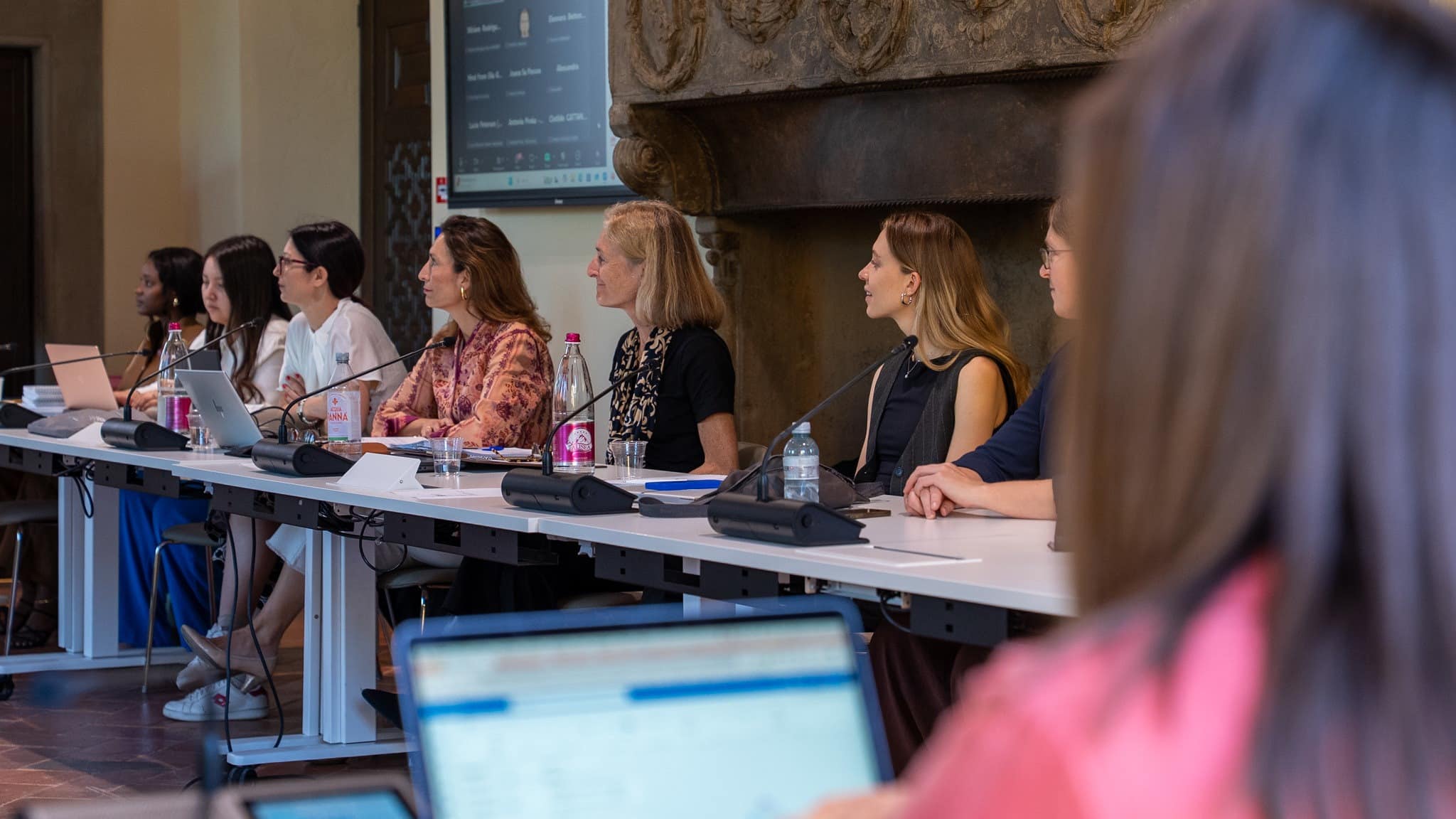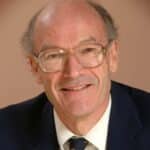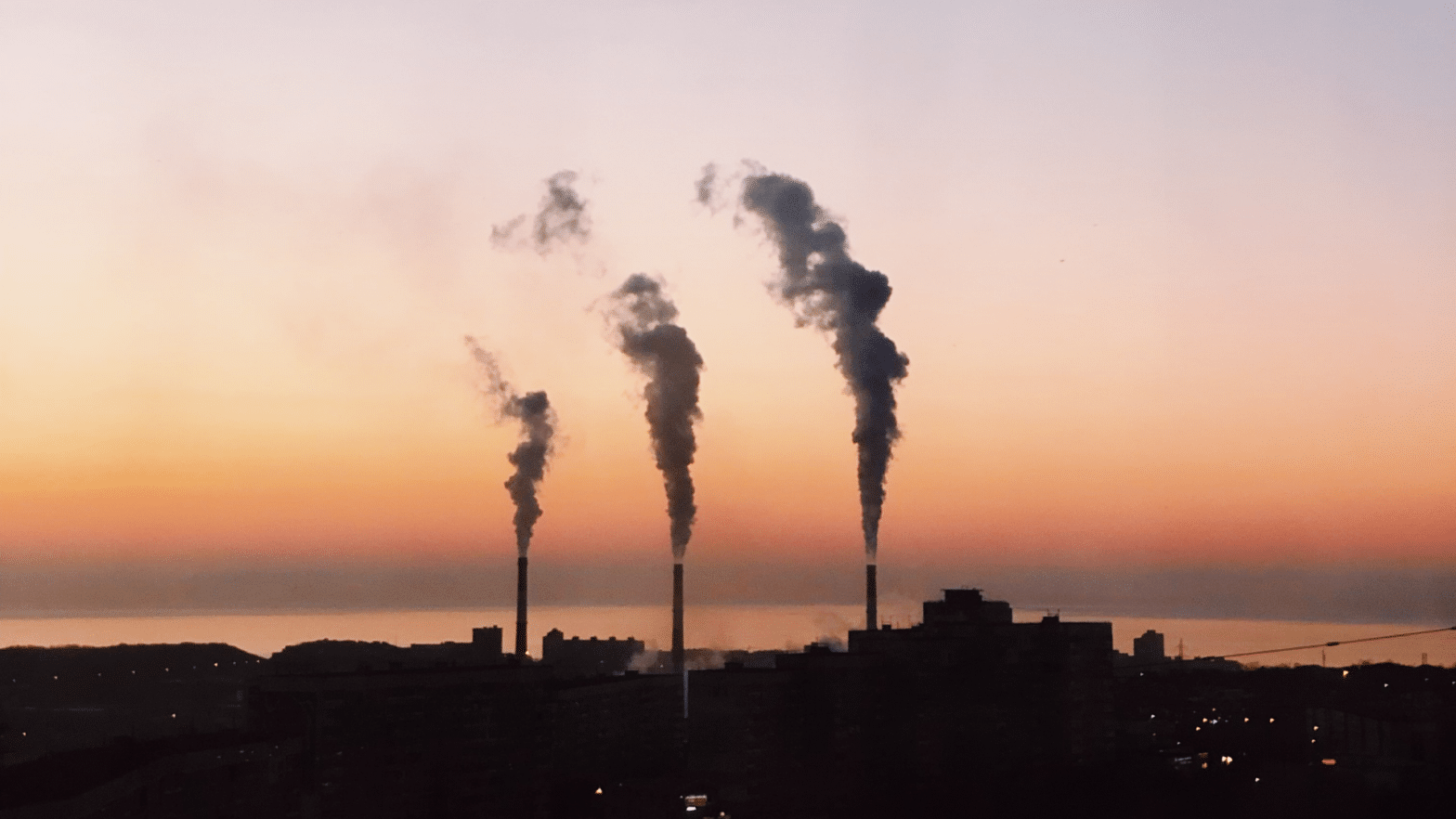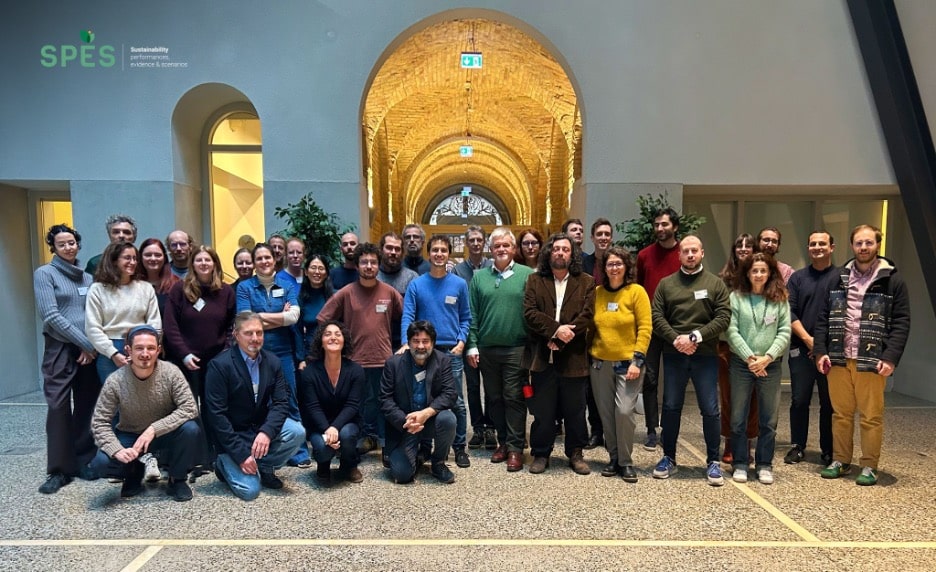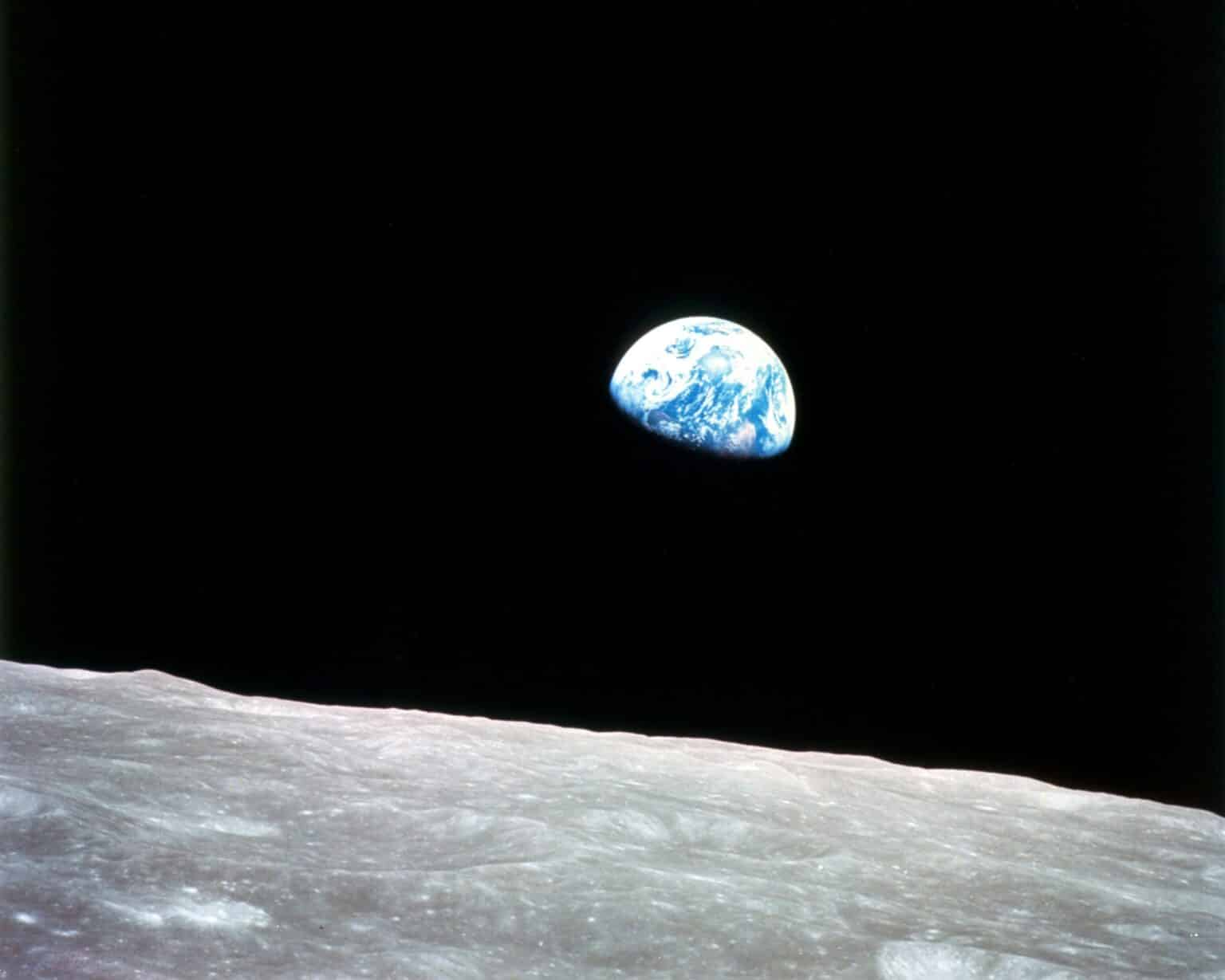Linking Carbon Markets

This Policy Session builds on the first Carbon Market Workshop that FSR Climate organised in September 2017 and which gathered stakeholders (from the academic, industry, NGOs) and senior policy makers from different carbon markets worldwide (California, China, EU, Canada, New Zealand), to discuss and exchange experiences on prospects for linking carbon markets internationally.
Speakers at this Policy Session will discuss both advantages and risks that a fully-linked market would involve and address potential economic benefits brought by linking existing ETSs. The feasibility of a partial, incremental, restricted linkage between two or multiple existing ETSs versus full linking will also be discussed.
Organised by the FSR Climate within the framework of the 6th World Congress of Environmental and Resources Economists (Gothenburg, Sweden, 25-29 June 2018).
Presentations
Jos Delbeke, EPSC, European Commission: Linking Carbon Markets Prospects and Challenges
Duan Maosheng, Tsinghua University: Prospects and Challenges of Linking Emissions Trading Systems
Gernot Wagner, Harvard University Center for the Environment, Harvard University
Martin L. Weitzman, Harvard University
Introduction
As countries move to implement their Nationally Determined Contributions (NDCs) under the Paris Agreement, a growing number of them and of sub-national jurisdictions are considering using carbon markets to meet their mitigation commitments. There is an emerging need to share the experiences on implementation of emissions trading systems to date, and to further promote emissions trading as a cost-effective climate policy tool. According to mainstream literature, a global carbon market would be the most cost-efficient solution to achieve the overall objective of keeping global warming below two degrees celsius (Ranson and Stavins, 2012).
To date, there are eighteen distinct Emissions Trading Systems (ETSs) in operation around the world, with sixteen systems in preparation or under consideration. As the existing ETSs continue to evolve and a new generation of ETSs emerges, increasing attention has, in recent years, been devoted to the possibility of linking ETSs. Perhaps the California-Québec joint cap-and-trade program is the most prominent linking example. The first joint auction was held in November 2014 and Ontario has joined the California-Québec market as of 1 January, 2018. The EU ETS has expanded since its establishment. Norway, Iceland and Liechtenstein joined the EU ETS in 2007. In the meantime, the EU and Switzerland have also expressed the intention of linking their ETSs.
Chairperson
 Simone Borghesi, Director FSR Climate
Simone Borghesi, Director FSR Climate
Simone Borghesi is Director of the Florence School of Regulation – Climate (FSR Climate), part-time professor at the EUI and Professor of Environmental Economics at the Department of Political and International Sciences, University of Siena, Italy. He is President of IAERE (Italian Association of Environmental and Resource Economists) and Co-director of the research group R4S (Regulation for Sustainability) at the University of Siena. He has been member and/or coordinator of several national and international projects and among the leading authors of the report “Pathways to deep decarbonization in Italy”, published in 2015 by SDSN (United Nations, New York) and IDDRI (Paris). He has published three books and more than 50 articles in edited books and peer-reviewed international journals. He has been Visiting Scholar at INRA, University of Cambridge and ETH, invited speaker at several international conferences and invited participant at the United Nations. He holds a PhD in Economics from the European University Institute, and a M.Sc. in Economics from University College London. In the past he worked at the International Monetary Fund and at the Fondazione ENI Enrico Mattei, Milan.
Speakers

Jos Delbeke, Senior Adviser for Relations with the European University Institute, European Political Strategy Centre, European Commission
Jos Delbeke (1954, Belgium) has been the Director-General of the European Commission’s DG Climate Action since its creation in 2010. As of 16 March 2018, he was appointed Senior Adviser for Relations with the European University Institute, European Political Strategy Centre. He joined the European Commission in 1986. He was very involved in setting the EU’s climate and energy targets for 2020 and 2030, and the adoption of the related legislation by the EU Council and Parliament. Mr Delbeke has been a key player in developing EU legislation on cars and fuels, the Emissions Trading System (ETS), air quality, emissions from big industrial installations and chemicals (REACH). As an economist, he always underlined the role of market-based instruments and of cost-benefit analysis in the field of the environment. For several years Mr Delbeke has been responsible for developing Europe’s International Climate Change strategy and he was for many years the European Commission’s chief negotiator at the UNFCCC Conference of the Parties. He holds a PhD in economics (Louvain, 1986) and worked in 1985 at the International Monetary Fund (Washington DC, USA). As of 2013 he is lecturing at the University of Louvain (Belgium) on European and international environmental policy.

Duan Maosheng, Director, China Carbon Market Center (CCMC), Tsinghua University, China
Duan Maosheng has been working on carbon markets since 2000 and has been a Member of the Chinese climate delegation since 2001, responsible for issues related to market-based mechanisms. He has been a Member of an alternate of the Kyoto Protocol’s Clean Development Mechanism Executive Board since 2010 and served as Chair of the board in 2012. Duan has been intensively involved in the design and operation of China’s domestic carbon market, including both the pilot and the national emissions
trading systems. His latest assignments include coordinating the drafting of rules for China’s national emissions trading system.
 Luca Taschini, Associate Professorial Research Fellow, The Grantham Research Institute on Climate Change and the Environment, UK
Luca Taschini, Associate Professorial Research Fellow, The Grantham Research Institute on Climate Change and the Environment, UK
Luca Taschini is an economist, working at the intersection of environmental economics, energy markets, and industrial organisation. His current research projects include work on market-based instruments and climate finance. Luca completed his formal training in economics in Italy. He holds a PhD in Economics from the University of Zurich. He is also an alumnus of the Joint Program on the Science and Policy of Global Change (MIT) and is a visiting scholar at the Research Center for Sustainability Science, Ritsumeikan University in Japan. His research interests are in the emission trading and carbon market linking.
 Gernot Wagner, Associate, Harvard University Center for the Environment, Harvard University, USA
Gernot Wagner, Associate, Harvard University Center for the Environment, Harvard University, USA
Gernot Wagner is a research associate at Harvard’s School of Engineering and Applied Sciences, a lecturer on Environmental Science and Public Policy and the executive director of Harvard’s Solar Geoengineering Research Programme. he is also an associate at the Science, Technology, and Public Policy Programme at Harvard Kennedy School’s Belfer Centre, and an associate at the Harvard University Centre for the Environment. He served as Lead Senior Economist at the Environmental Defence Fund (EDF) where he is a consultant today. He is co-author together with Prof. Martin Weitzman, of the book “Climate Shock (Princeton 2015)”. He is an expert on linking of carbon markets.
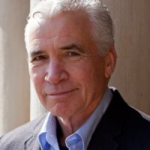 Martin L. Weitzman, Professor of Economics, Harvard University
Martin L. Weitzman, Professor of Economics, Harvard University
Martin L. Weitzman is Professor of Economics at Harvard University. Previously he was on the faculties of MIT and Yale. He has been elected as a fellow of the Econometric Society and the American Academy of Arts and Sciences. He has published widely in many leading economic journals and written three books. Weitzman’s interests in economics are broad and he has served as consultant for several well-known organizations. His current research is focused on environmental economics, including climate change, the economics of catastrophes, cost-benefit analysis, long-run discounting, green accounting, biodiversity, and comparison of alternative instruments for controlling pollution.
Don’t miss any update on our events
Sign up for free and access the latest events from our community.



